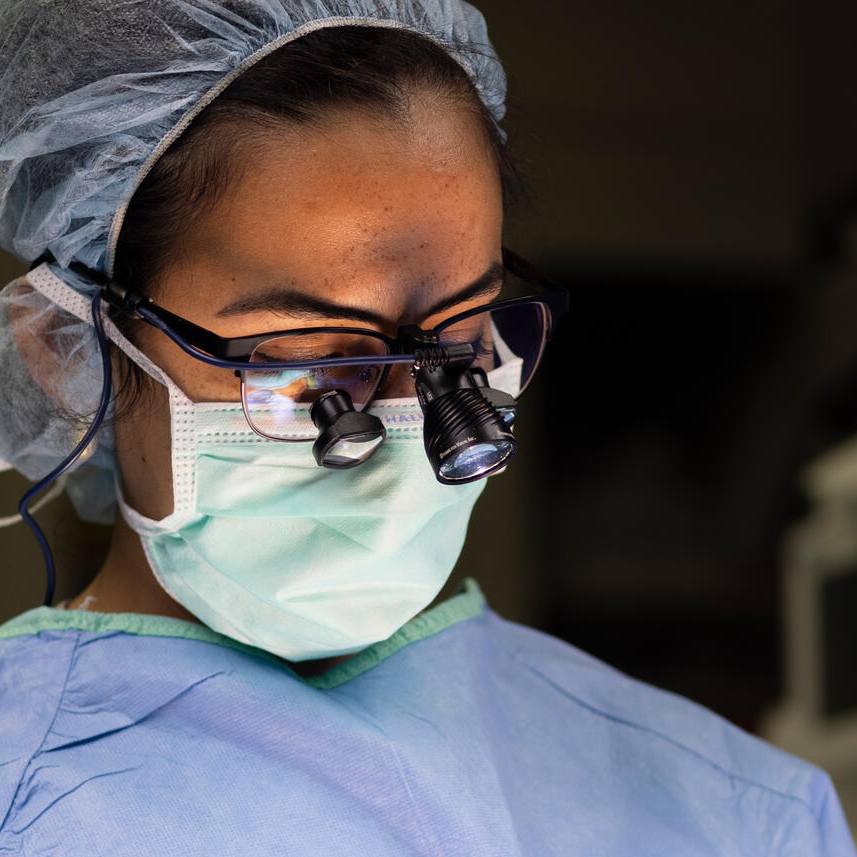-
Regenerative Medicine Minnesota awards 3 grants to Mayo Clinic researchers
Regenerative Medicine Minnesota, a statewide bipartisan initiative, has awarded three grants to Mayo Clinic for research to improve cancer treatment and nerve regeneration.
Recognizing the need for a new approach to healthcare, Minnesota lawmakers established Regenerative Medicine Minnesota a decade ago. This state funded initiative is focused on advancing regenerative medicine in research, technology, education and patient care. Regenerative medicine shifts the focus from fighting disease to rebuilding health.
This year's Regenerative Medicine Minnesota grant awardees at Mayo Clinic are:
Ismail Can, Ph.D., who has been awarded a two-year, $400,000 grant for "Preventing senescence in CAR-T cells to improve therapeutic efficacy."
This research seeks to understand why chimeric antigen receptor therapy (CAR-T cell therapy) works for some patients but not others. CAR-T cell therapy is a regenerative therapy aimed at harnessing the body's immune system to recognize and kill cancer cells. It has shown curative potential for some B-cell leukemias and lymphomas. However, in some patients, the CAR-T cells become senescent, meaning they no longer can divide, regenerate and attack cancer. Dr. Can's research goal is to understand why CAR-T cells fail like this and then develop strategies to overcome it.
"To achieve our aim, we developed preclinical models to test whether senescence is induced in CAR-T cells during CAR-T cell therapy failures. Our laboratory has established animal models to further test our findings," says Dr. Can.
Kevin Loutherback, Ph.D., who has been awarded a two-year grant of $400,000 for "Automated microfluidic platform for decentralized CAR-T manufacturing."
The goal of this research is to improve access to CAR-T cell therapies by reducing production costs. Dr. Loutherback's team will use microfluidic technology (the study of fluids) developed at Mayo Clinic to integrate the CAR-T manufacturing process into an automated, closed instrument that can be operated at the hospital with fewer people. The team will study whether that process is effective and lowers the cost of manufacturing CAR-T cells.
"CAR-T cell therapy has emerged in the last decade as one of regenerative medicine's success stories," says Dr. Loutherback. "However, the high cost of these therapies, driven by centralized manufacturing with highly trained personnel, is limiting [its] applicability, and better solutions are needed."
Alexander Shin, M.D., who has been awarded $400,000 over two years for "Modulating the local microenvironment of nerve regeneration with cellular components."
This research is aimed at improving nerve reconstruction surgery. Repairing nerve defects is a complex procedure that sometimes requires donor nerves. Patients who recover poorly from this surgery can have lifelong disabilities. Dr. Shin's team will study whether treating donor nerves with stem cells, immunosuppressants and exosomes would improve muscle function and assist in repairing nerve defects. Exosomes are a cell-free substance that delivers healing messages into cells.
"In this research, we will look at the interaction of each treatment first on a cellular level to understand the mechanisms of action, which are currently unknown. We will then apply the treatments in an animal model after reconstructing the nerve defects," says Dr. Shin.
The Mayo Clinic awards are among 14 grants made through Regenerative Medicine Minnesota in 2023. The initiative distributes approximately $4 million in funding statewide every year for regenerative medicine research, technology and patient care. Approximately 228 grants worth more than $38 million have been allocated since the Minnesota legislature established the initiative in 2014 to advance regenerative medicine in research, biobusiness and education throughout the state.
###











